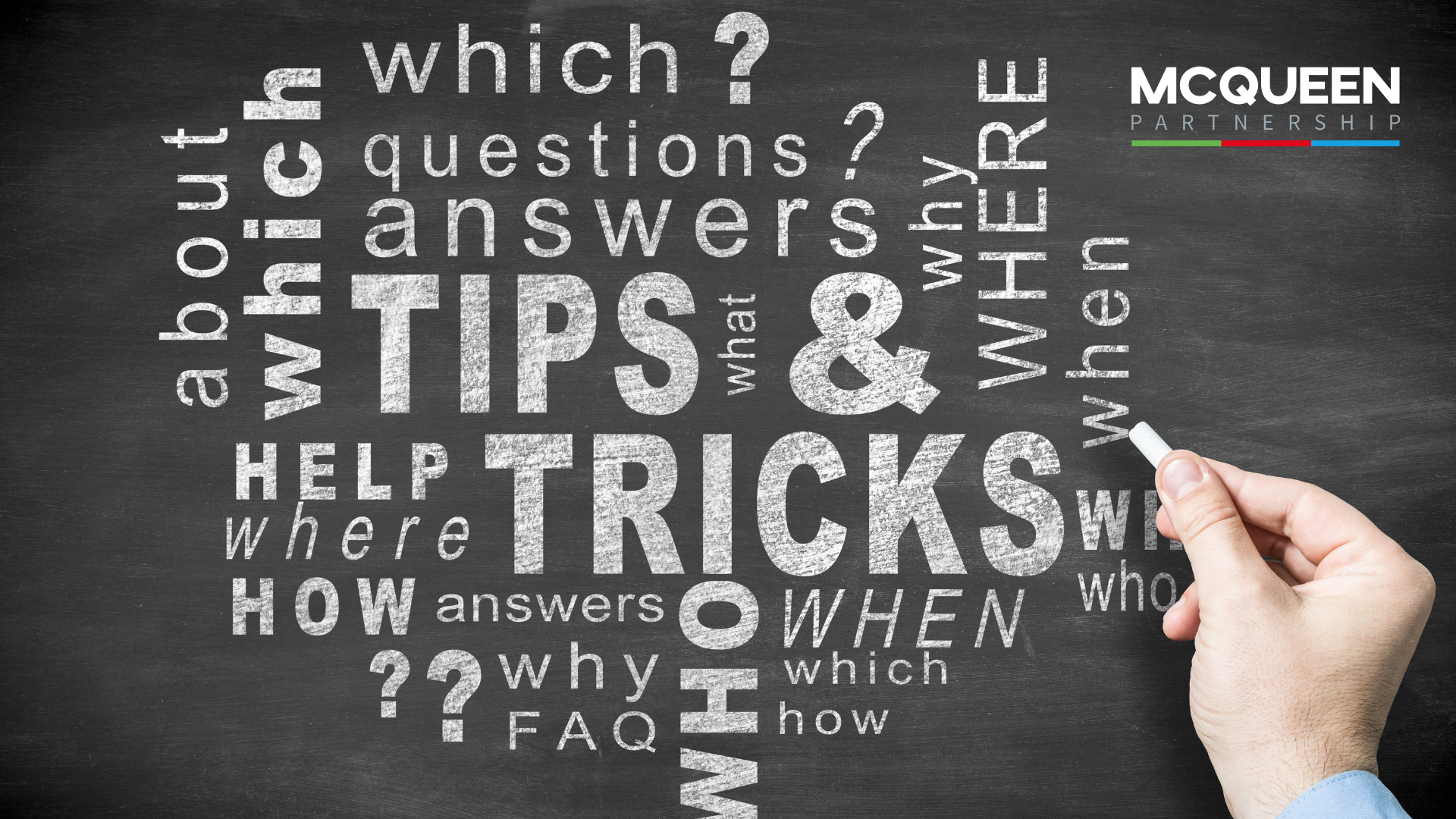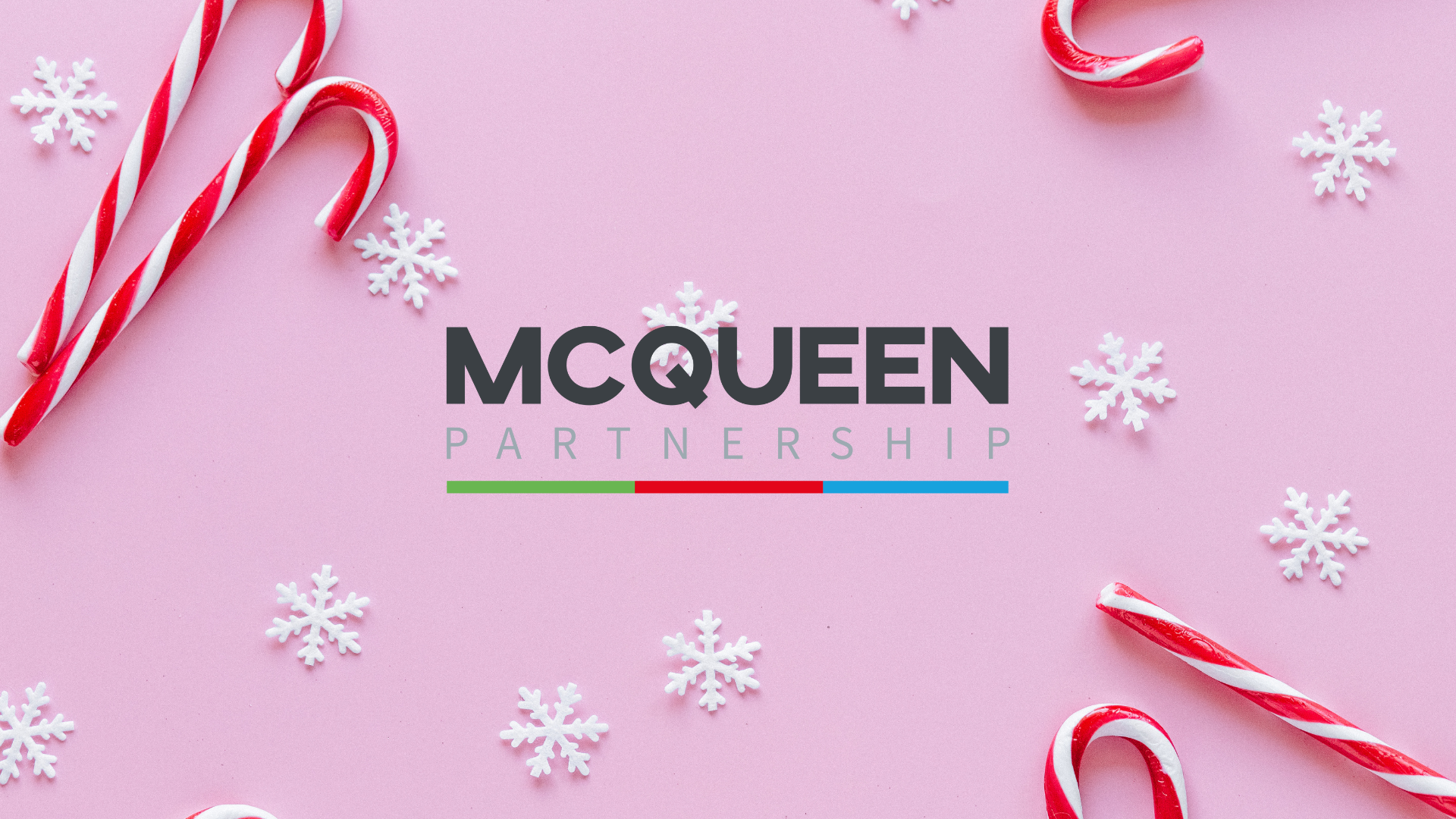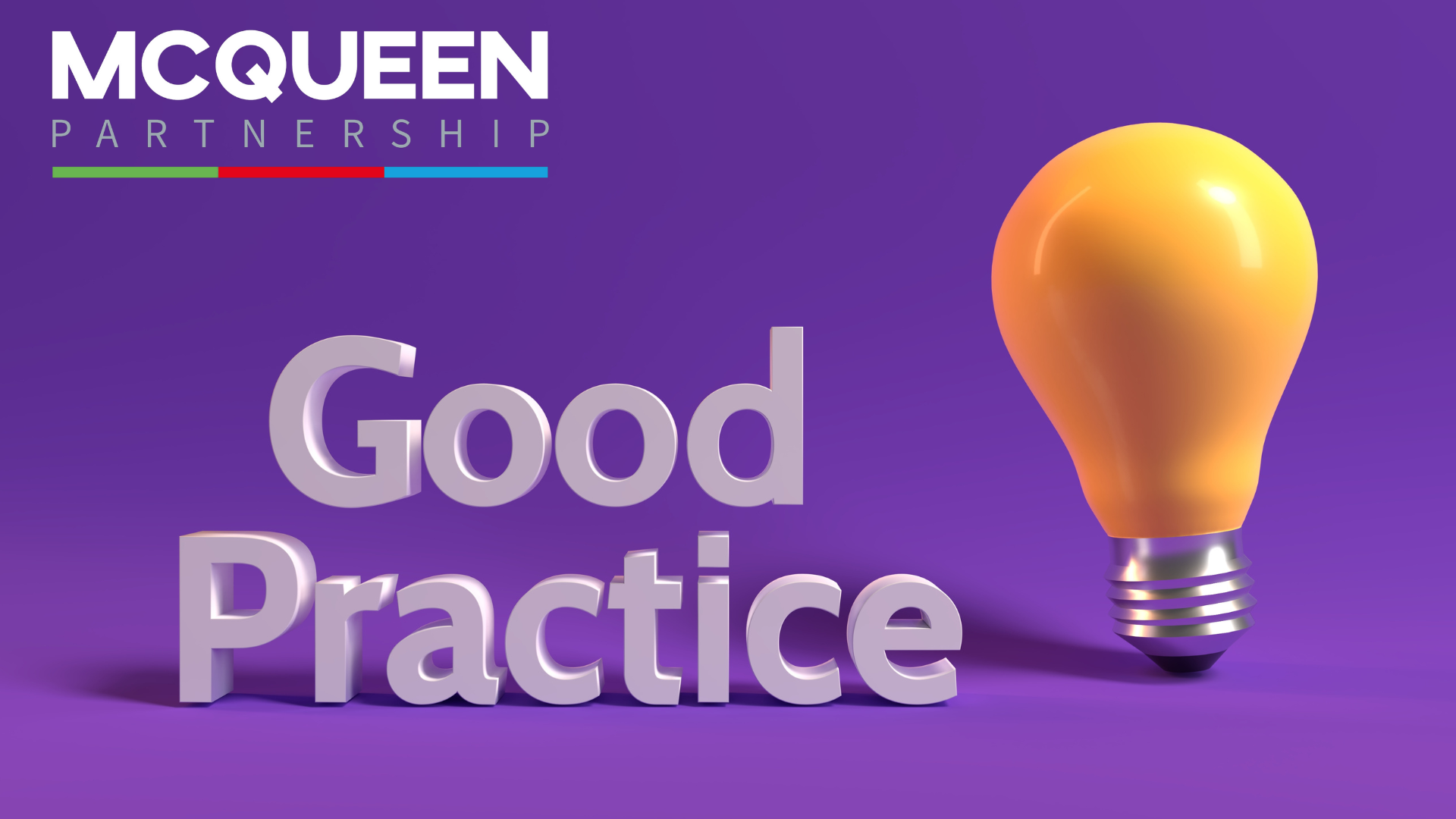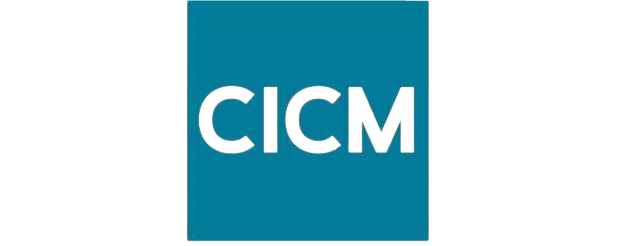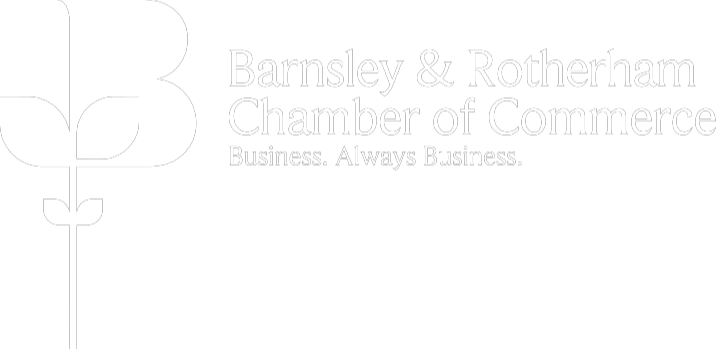CONTROL
COLLECT
CONSULT
Demystifying Debt Collection: Understanding the Role of Debt Collectors in the Recovery Process
Debt collection is a vital part of the financial industry that helps businesses and individuals recover outstanding debts. It involves engaging with debtors who have failed to make payments and working towards recouping the owed amount. In this article, we will demystify the world of debt collection and shed light on the role of debt collectors in the recovery process.
What is a Debt Collector?
A debt collector is a professional who specialises in recovering debts on behalf of creditors. They can work independently or be part of a collection agency. Their primary responsibility is to contact debtors and negotiate payment arrangements. Debt collectors may communicate with debtors through phone calls, letters, or even in-person visits, depending on the situation and local regulations.
The Role of a Debt Collector in the Recovery Process
The primary role of a debt collector is to act as a mediator between creditors and debtors. When a debtor fails to make payments, the creditor may choose to hire a debt collector to recover the outstanding balance. Debt collectors are trained to handle difficult conversations and negotiate payment plans that are fair to both parties.
Debt collectors also play a crucial role in maintaining the financial health of businesses. By recovering debts, they help prevent cash flow issues and ensure that companies can continue their operations smoothly. Additionally, debt collectors assist individuals in resolving their financial obligations, offering them an opportunity to improve their credit scores and regain financial stability.
How Debt Collectors Operate
Debt collectors employ various strategies to recover debts effectively. Their approach may differ depending on the type of debt and the debtor's circumstances. The first step is usually to contact the debtor to discuss the outstanding balance and explore possible payment options. Debt collectors aim to establish open lines of communication and negotiate a resolution that works for both parties.
If initial attempts to contact the debtor are unsuccessful, debt collectors may escalate their efforts by sending formal letters or initiating legal proceedings. However, legal action is often seen as a last resort, as most debt collectors prefer to resolve debts amicably through negotiation. It is important to note that debt collectors are not authorised to seise assets or take any action beyond what is allowed by law.
Common Misconceptions About Debt Collection
Debt collection can be a misunderstood field, often surrounded by misconceptions. One common misconception is that debt collectors are aggressive and rude. While some may have adopted unprofessional practices in the past, the industry has undergone significant changes, and reputable debt collectors now prioritise professionalism and ethical conduct.
Another misconception is that debt collectors have unlimited power and can do whatever they want to recover debts. This is not true, as debt collectors must adhere to the laws and regulations governing their activities. They are not allowed to harass or threaten debtors, and they must respect their rights throughout the recovery process.
How to Deal with Debt Collectors
If you find yourself in a situation where you are being contacted by a debt collector, it's important to stay calm and understand your rights. Communication is key in these situations. Respond to the debt collector's attempts to contact you and try to work out a payment arrangement that suits your financial situation. If you are unable to pay the full amount, discuss alternative options such as a payment plan or a settlement.
It's also important to keep detailed records of all communication with the debt collector. This includes notes on phone conversations, copies of letters, and any other relevant documentation. These records can serve as evidence in case of any disputes or discrepancies.
Choosing a Reputable Collection Agency
When hiring a debt collection agency, it is crucial to choose a reputable and trustworthy company. Look for agencies that have a proven track record of success and positive client testimonials. A reputable collection agency will prioritise professionalism, adhere to legal guidelines, and work diligently to recover your debts while maintaining a respectful approach towards debtors.
The Benefits of Using a Debt Collection Agency
Using a debt collection agency offers several benefits for both businesses and individuals. For businesses, outsourcing debt collection allows them to focus on their core operations while leaving the recovery process to professionals. Debt collection agencies have the expertise and resources to handle difficult debtors and employ strategies that maximise the chances of successful recovery.
For individuals, working with a debt collection agency can provide relief from the stress and burden of dealing with outstanding debts. Debt collectors can negotiate on behalf of the debtor, helping to reach a fair resolution and potentially reducing the overall amount owed. This can provide an opportunity for individuals to rebuild their financial stability and move forward with a clean slate.
Conclusion
Debt collection plays a crucial role in the financial ecosystem, helping creditors recover outstanding debts and individuals resolve their financial obligations. Debt collectors act as intermediaries, working towards finding mutually beneficial solutions for both parties involved. By understanding the role of debt collectors, the laws and regulations that govern their activities, and how to effectively deal with them, individuals and businesses can navigate the debt recovery process with confidence.
If you require professional debt recovery and credit control solutions, consider using McQueen Partnership. With our proven track record of professional, fast, effective, and results-driven services, we can assist you in efficiently recovering your outstanding debts.
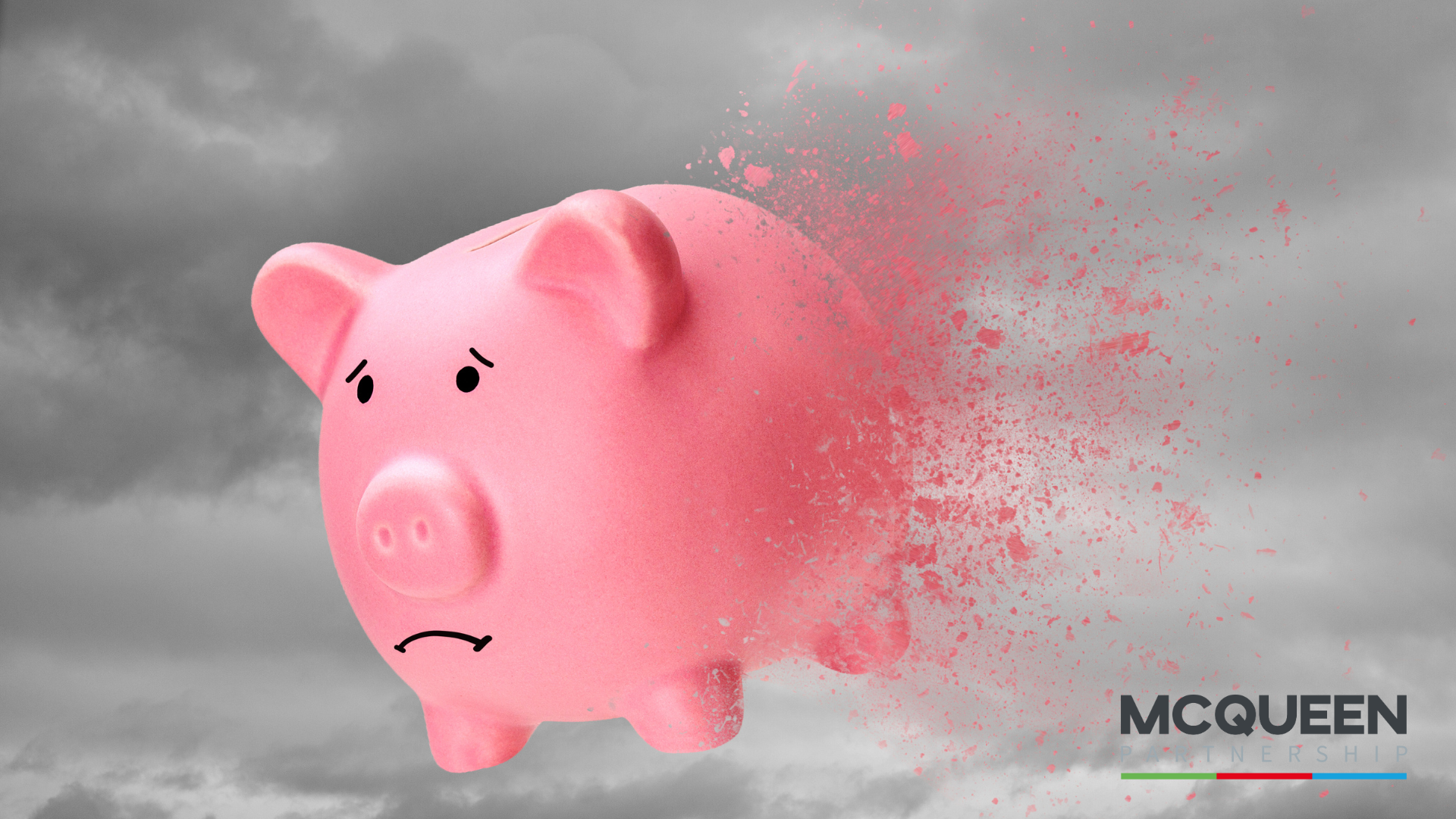
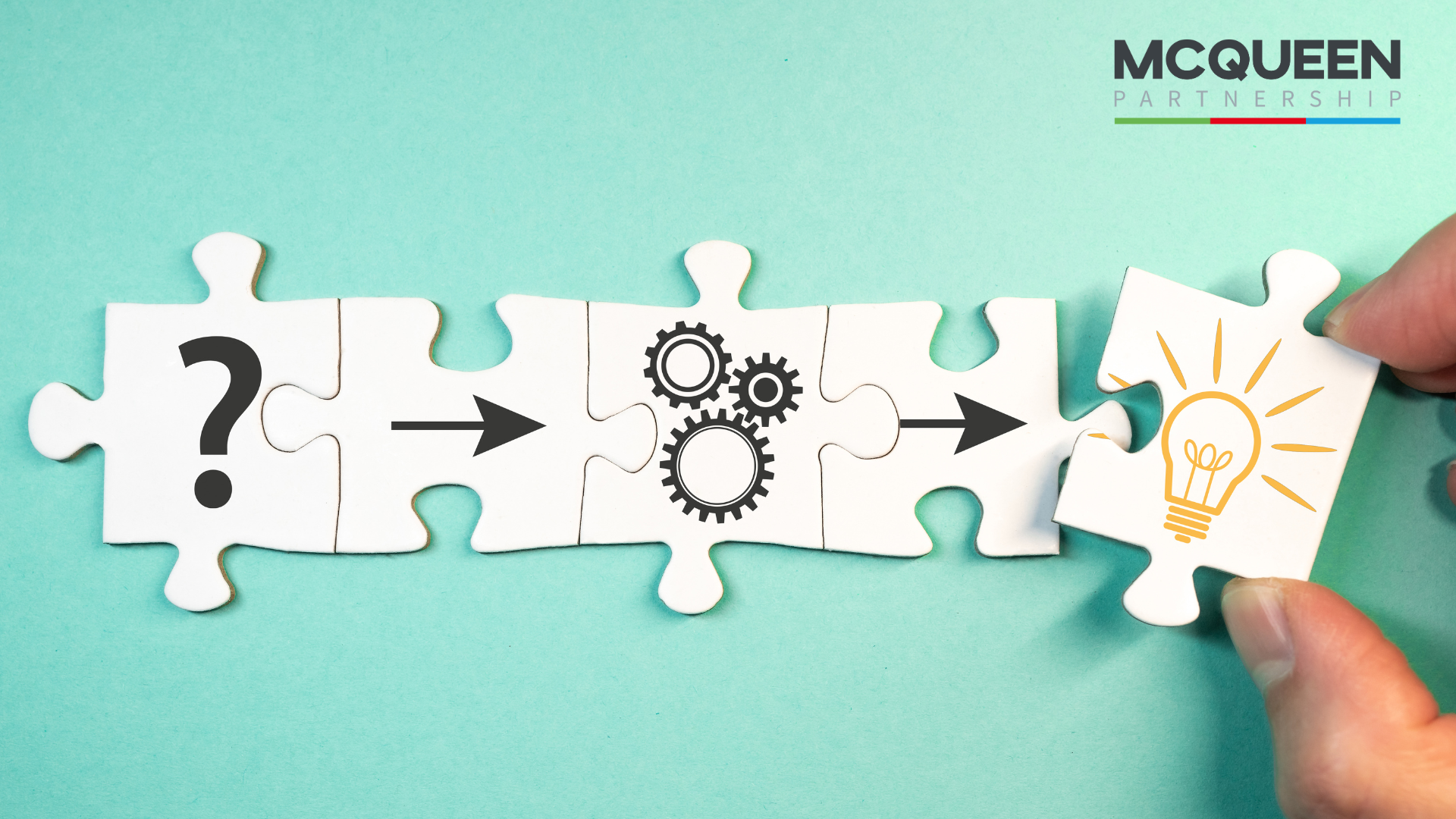
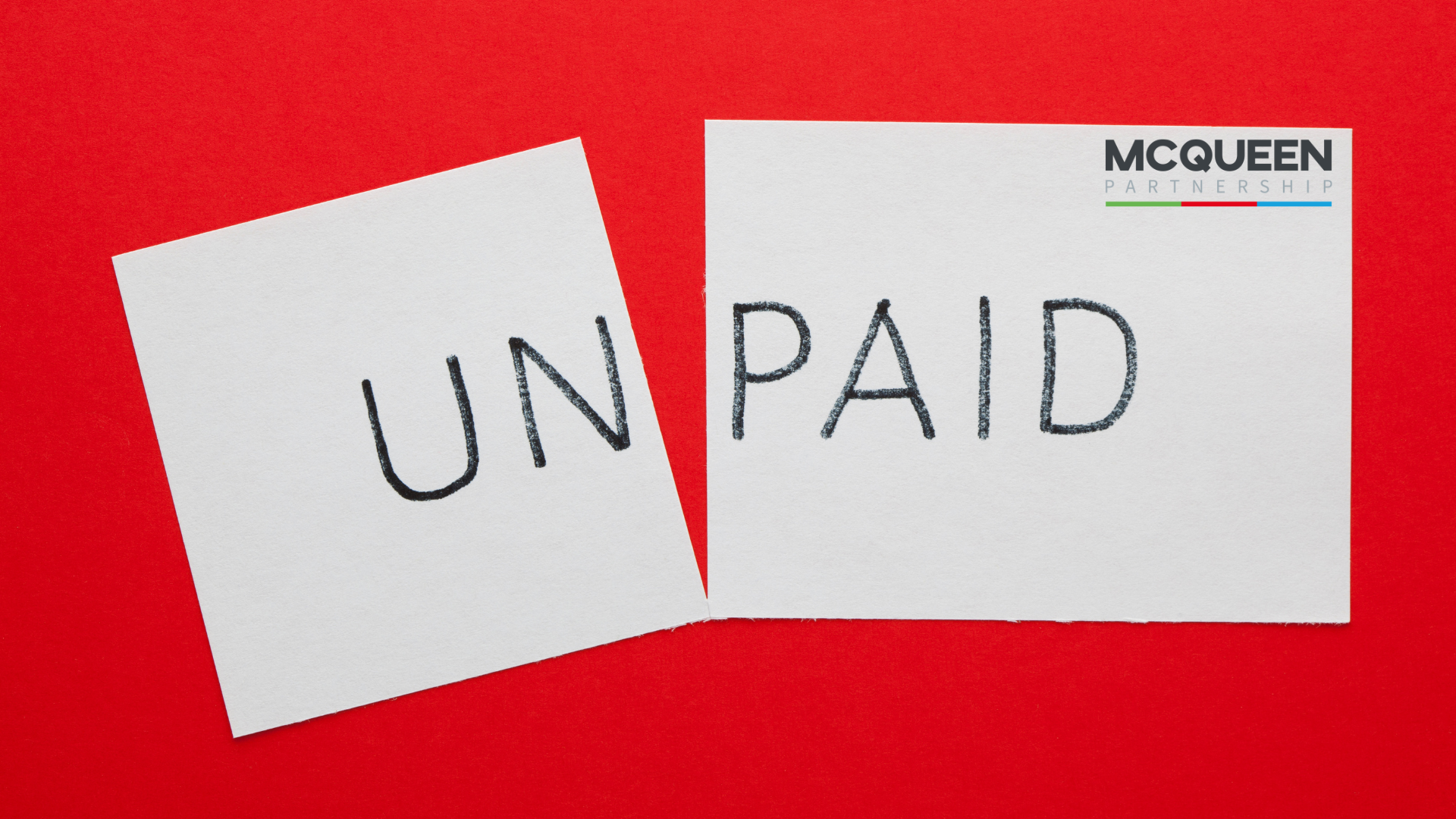
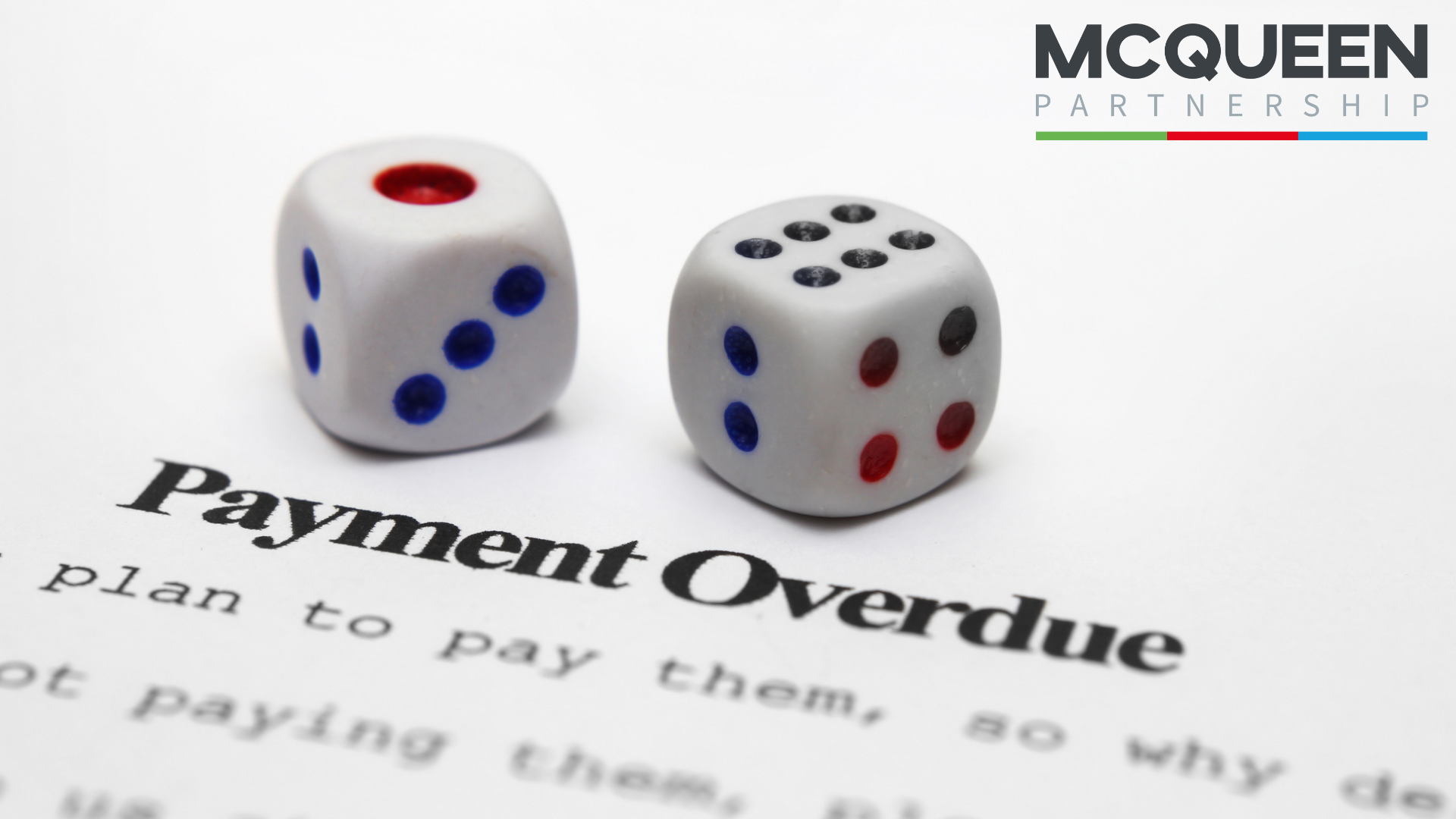

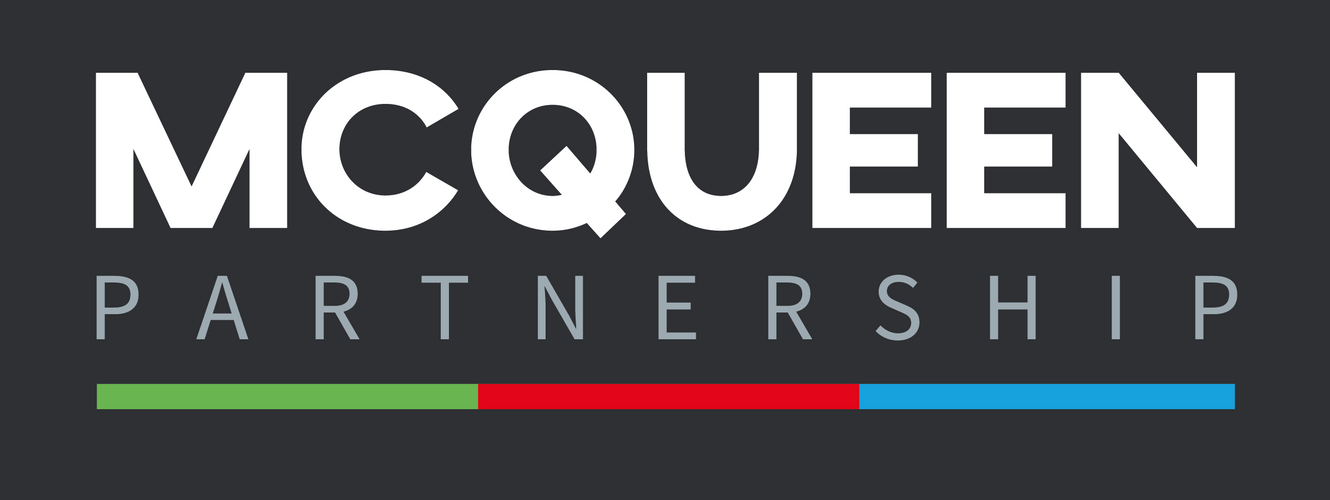
Professional, fast, effective, and results-driven debt recovery and credit control solutions
McQ Partnership Ltd t/a McQueen Partnership Registered in England Number: 13301182 Registered Office: Holly House, 77 Bolling Road, Ilkley, West Yorkshire, England, LS29 8QA Data Protection License Number: ZB552876

